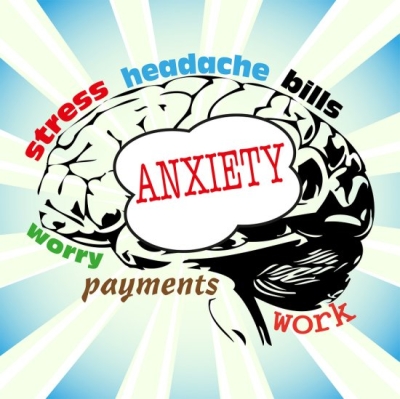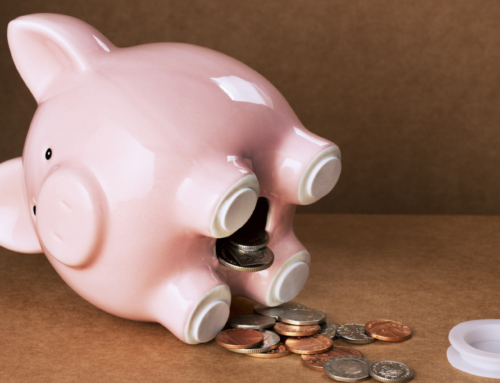With the Great Recession now in our rearview mirror, many of us consider debt to be one of those four-letter words. Blame aside, it got us into the recent financial struggle, and our attitudes about borrowing are changing. A recent poll done by NerdWallet found that 35% of people would be embarrassed to tell others they have credit card debt, and 49% of Americans would be less interested in dating someone if they knew the person had credit card debt. Millennials are especially sensitive about debt: 55% say they would feel judged if friends and family knew how much credit card debt they had.
“Many millennials came of age during the recession, which could explain their fear of credit cards and the potential debt that comes along with using them incorrectly,” says Sean McQuay, NerdWallet’s in-house credit cards expert. “Because of this bias, it makes sense that millennials see credit card debt as something that should be judged.”
What separates the people who will cross the debt-free finish line from those who never will is a willingness to acknowledge how much debt you have, says A.J. Marsden, assistant professor of human services and psychology at Beacon College. “A lot of people are in denial, refusing to look closely at their own finances,” she says. “They don’t want to come up with a financial plan, so they continue to purchase without thinking.”
Consumers, in fact, vastly underestimate how much debt they have. According to NerdWallet, lender-reported credit card debt was 155% greater than borrower-reported balances in 2013.
For my family, our financial wake-up call came in 2008 when the auto industry’s outlook was pretty bad, and we were worried that my husband’s job would go away. We had always talked about being debt-free, but never really put our money where our mouths were. The shaky economy had us rethinking purchases, canceling vacations, selling stuff on eBay, and making a budget for the first time. Two years ago, when the automotive coast looked clear, we saw the light at the end of the tunnel and got “gazelle intense,” as financial author Dave Ramsey would say. We listed our remaining debts on a whiteboard that we hung in our kitchen and knocked them out one by one.
While we plan to never go back, a manageable level of debt means your consumer debt payments aren’t more than 10% of your monthly income, says Marsden. “Unfortunately, it’s not uncommon to see people with consumer debts at 50% to 80% of their monthly income,” she says. And when the debt ratio starts creeping up, so do psychological and physical side effects.
DEBT AND MENTAL HEALTH
People who struggle to pay off their debts are more than twice as likely to suffer from mental health issues including anxiety and depression, according to a study from the University of Nottingham published in the Economic Journal. They also feel constantly under strain, hopeless, and incapable of decision making.
“One striking finding of my research is that many people with debt problems describe feelings of being unable to concentrate on day-to-day activities or make normal decisions. This has wider effects on their attitudes and general health,” writes lead researcher John Gathergood.
DEBT AND PHYSICAL HEALTH
An increase in debt also brings an increase in stress that can manifest itself physically, says Marsden. “Stress plays a significant role in heart disease, and there is a significant positive correlation between debt and heart attacks,” she says. “The more debt you have, the greater your chances of having a heart attack from the stress.”
Stress also brings conditions such as migraines, obesity, and accelerated aging. Ironically, many people practice “retail therapy” to counteract the stress, but that just adds more fuel to the fire.
Read the full article at: www.fastcompany.com
Is debt making you sick? Freedom from #debt is a major benefit of building a #familybank! #financialfreedom #familybankgame






